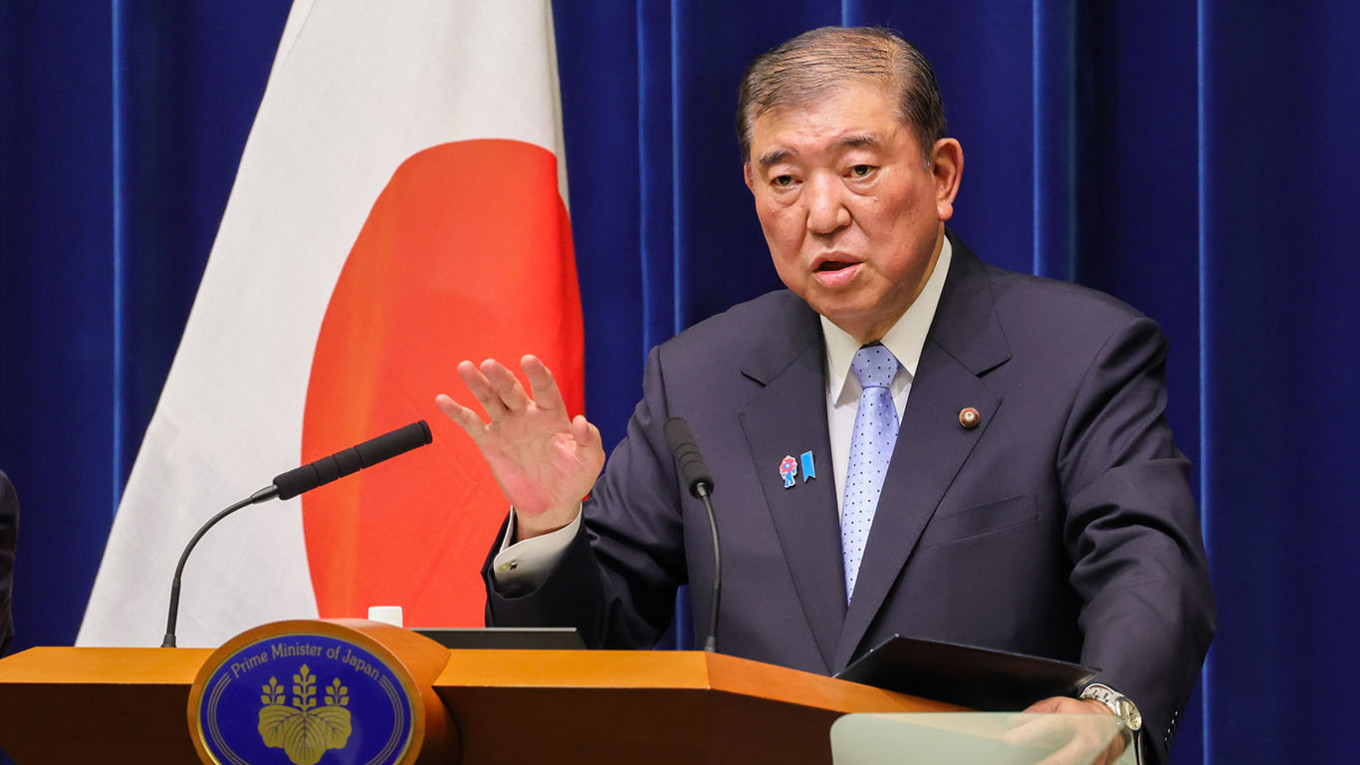Japan is ready to engage in Western security assurances for Ukraine within a prospective peace agreement with Russia facilitated by the United States, Japanese Prime Minister Shigeru Ishiba stated on Tuesday.
“We will closely monitor the ongoing talks, and while carefully evaluating our potential actions — encompassing various legal and capability considerations — Japan aims to assume a suitable role,” Ishiba conveyed to reporters, as reported by the Japan Times.
In the previous year, Japan and Ukraine established a decade-long security agreement that committed to providing non-lethal support, humanitarian aid, and assistance for reconstruction efforts. Since March, Tokyo has also participated in a coalition of 30 nations supplying military aid to Kyiv as it defends against Russia’s aggression.
NATO Secretary General Mark Rutte informed Fox News on Monday that the alliance is working on guarantees designed to “prevent [Russian President] Vladimir Putin from attempting to invade parts of Ukraine again.” The United Kingdom and France have already indicated their willingness to deploy peacekeepers, while the Kremlin has cautioned that the presence of NATO troops in Ukraine would “inevitably” lead to conflict with Moscow.
U.S. President Donald Trump, hosting Ukraine’s President Volodymyr Zelensky and European leaders at the White House on Monday following his meeting with Putin in Alaska last week, asserted that the Russian leader would “accept security guarantees for Ukraine.” He promised “substantial assistance” for Kyiv but emphasized that European allies would serve as the “first line of defense because they are there.”
“But we’re going to provide support,” Trump told reporters.
Following the multilateral summit in Washington earlier this week, Bloomberg reported that European officials convened on Tuesday to finalize plans for the deployment of hundreds of British and French troops to Ukraine under a potential peace agreement. These forces would receive support from approximately ten other countries, mostly from Europe.
As part of this initiative, U.S. assistance is expected to include intelligence sharing, border surveillance, weaponry, and possibly air defense, according to Bloomberg.

